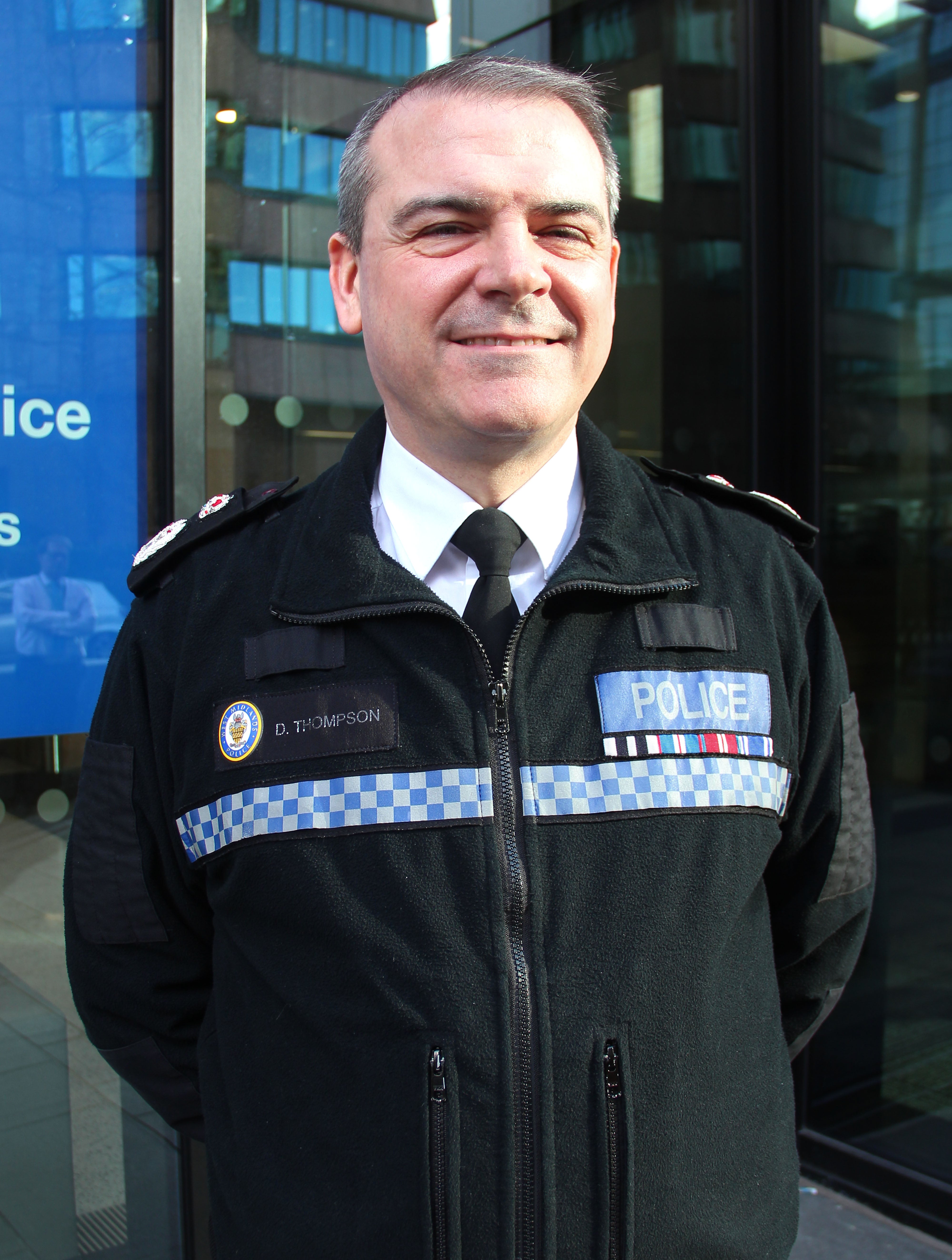West Midlands Police chief constable leaving after Commonwealth Games
Sir David Thompson has led the force since 2016.

The Chief Constable of West Midlands Police has announced he is stepping down from his post after this summer’s Commonwealth Games.
Sir David Thompson has been in the role since 2016, having previously been deputy chief constable of the force.
He said that, following the Games, which start on July 28, it will be “time for a fresh vision for the force”.
The search for Sir David’s successor will officially begin next week, with the new incumbent heading the largest force in England outside the Metropolitan Police policing nearly three million people.
It is time to look for a successor
Sir David’s exit has been planned so there will be continuity of command during the Games, with up to a million visitors expected for the sporting spectacle.
Speaking to the Birmingham Mail, he said: “It is a phenomenal police force and area to work in but you get to the stage where it is time for a fresh vision for the force.
“It is time to look for a successor.”
Sir David said that, after cuts to officer numbers over more than a decade, he is now “optimistic” about funding and recruitment.
He added that, although the force has 2,000 fewer officers than it did in 2010, it has signed up 900 new recruits and is “starting to see more capacity in the force”.
The region has continued to be afflicted by the scourge of youth knife and violent crime.
There have been several high-profile cases, including the murder of 15-year-old Keon Lincoln, who was shot and stabbed to death in Birmingham last year.
Sir David said his force has “done a lot of work to reduce knife crime” and is using tactics like hot-spot policing, adding “I do think we are having an impact” but also conceding there are “still too many high-profile cases”.
He referred to the Sarah Everard case as a “really cathartic moment for many of us”, placing crimes against women and girls at the centre of the policing agenda.
He also said policing in the pandemic has been “really tough”.
“It was the toughest task since policing was formed – we have never had powers that stopped people going in and out of each other’s houses before,” he said.
“We knew we were never going to make three million people follow the rules but the approach we used was, we think, the right one. We used enforcement as little as we could.”
The senior officer has clocked up 12 years with the force, having joined from Greater Manchester Police (GMP) in 2010.
While with GMP, which he joined in 1990, he rose through the ranks and commanded policing operations for the Manchester Commonwealth Games in 2002.
He is also the finance lead on the National Police Chiefs’ Council, and is one of its two vice-chairs.
Bookmark popover
Removed from bookmarks